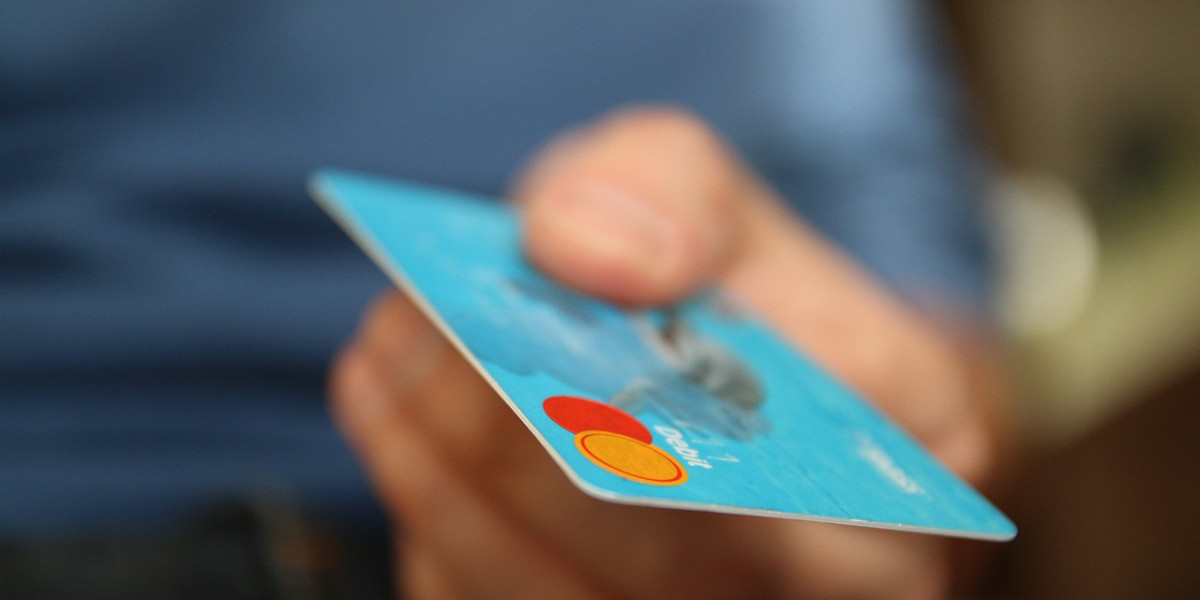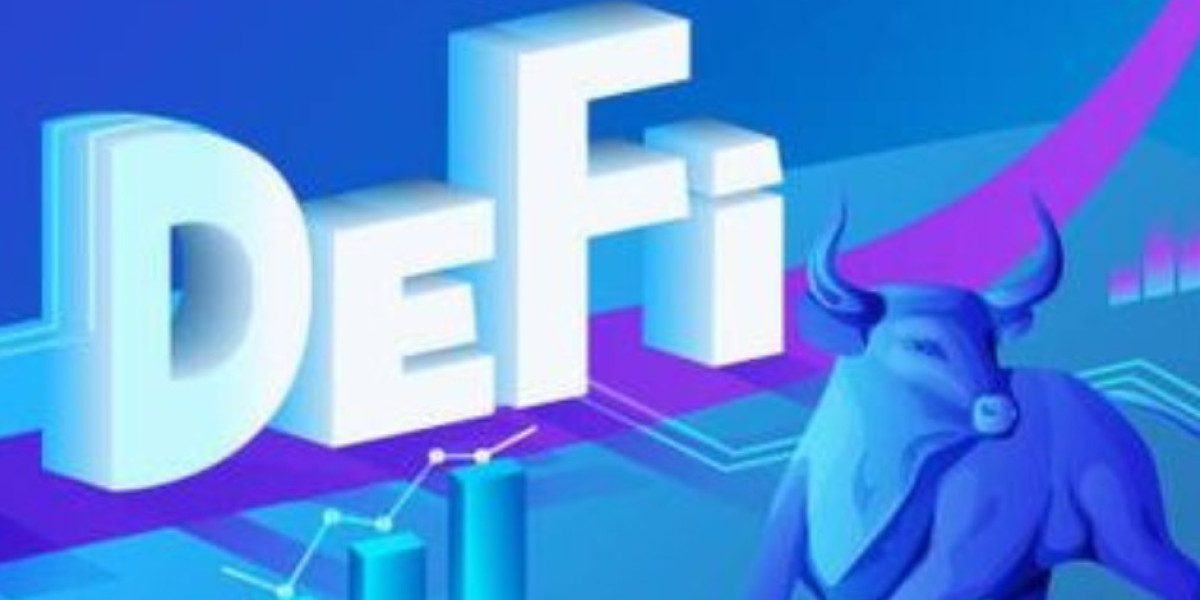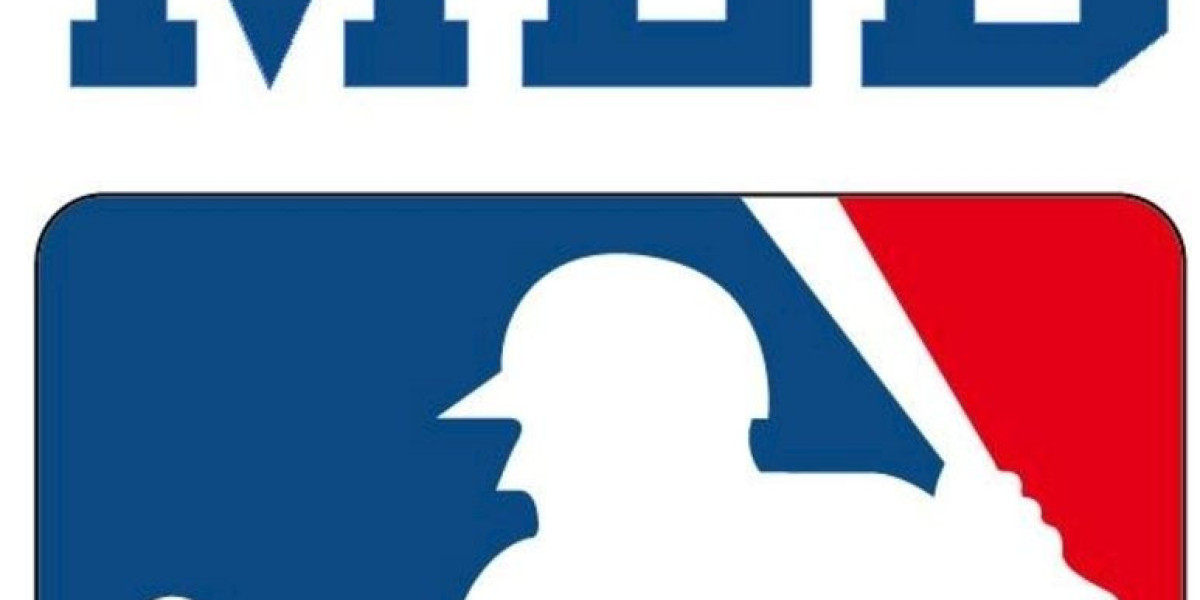In the realm of personal finance, two popular options for borrowing money are personal loans and credit cards. Each comes with its own set of advantages and disadvantages, and choosing between the two is dependent on individual circumstances and financial goals. Understanding the differences, benefits, and potential drawbacks of each can help you make an informed decision. This comprehensive guide will delve into the nuances of personal loans and credit cards, helping you determine which is better for your specific needs.
What Is a Personal Loan?
A personal loan is a lump sum of money borrowed from a bank, credit union, or online lender, which is repaid over a set period, usually with fixed monthly payments. These loans can be used for various purposes such as debt consolidation, home improvements, medical expenses, or major purchases. Personal loans often come with fixed interest rates, meaning your monthly payment remains the same throughout the loan term.
Types of Personal Loans
1. Secured Personal Loans: These require collateral, such as a car or savings account, to secure the loan. If you fail to repay the loan, the lender can seize the collateral.
2. Unsecured Personal Loans: These do not require collateral, making them riskier for lenders. As a result, they often come with higher interest rates compared to secured loans.
Benefits of Personal Loans
- Fixed Interest Rates: Predictable monthly payments make budgeting easier.
- Lump Sum Disbursement: Ideal for large expenses or consolidating multiple debts.
- Flexible Repayment Terms: Typically ranging from one to seven years, depending on the lender and loan amount.
What Is a Credit Card?
A credit card is a revolving line of credit that allows you to borrow up to a certain limit and repay the borrowed amount over time. Unlike personal loans, credit cards do not require a fixed repayment schedule, giving you the flexibility to pay off your balance in full or make minimum payments each month.
Types of Credit Cards
1. Standard Credit Cards: These offer basic features and are ideal for everyday purchases.
2. Rewards Credit Cards: These provide incentives such as cashback, points, or miles for spending.
3. Balance Transfer Credit Cards: Designed for consolidating existing credit card debt, often with an introductory 0% APR period.
Benefits of Credit Cards
- Revolving Credit: Borrow as needed without reapplying for a new loan.
- Rewards and Perks: Earn rewards on purchases and enjoy benefits like travel insurance or extended warranties.
- Building Credit: Responsible use can help improve your credit score.
Personal Loan vs. Credit Card: Key Differences
Interest Rates
Personal loans typically offer lower interest rates compared to credit cards, especially if you have good credit. While credit card interest rates can range from 15% to 25% or higher, personal loan rates generally fall between 5% and 36%, depending on your creditworthiness and the lender.
Repayment Terms
Personal loans come with fixed repayment terms, meaning you have a set period to repay the loan, usually between one to seven years. Credit cards, on the other hand, offer more flexible repayment options, allowing you to carry a balance and make minimum payments or pay off the balance in full each month.
Borrowing Limits
Credit cards typically have lower borrowing limits compared to personal loans. While personal loans can range from a few thousand dollars to $100,000 or more, credit card limits are usually much lower, depending on your credit score and income.
Fees
Both personal loans and credit cards come with fees, but the types and amounts can vary. Personal loans may have origination fees, which are a percentage of the loan amount, while credit cards often come with annual fees, late payment fees, and balance transfer fees.
When to Choose a Personal Loan
Large, One-Time Expenses
If you need a significant amount of money for a one-time expense, such as a home renovation or medical bill, a personal loan is often the better choice. The lump sum disbursement and fixed interest rate provide the funds you need upfront and a predictable repayment schedule.
Debt Consolidation
Personal loans are also ideal for consolidating high-interest debt, such as credit card balances. By combining multiple debts into a single loan with a lower interest rate, you can save money on interest and simplify your monthly payments.
Fixed Repayment Schedule
If you prefer the stability of fixed monthly payments and a set repayment term, a personal loan is a better option. This can make budgeting easier and help you stay on track with your financial goals.
When to Choose a Credit Card
Smaller, Recurring Expenses
For smaller, recurring expenses or everyday purchases, a credit card is often more convenient. The revolving line of credit allows you to borrow as needed without reapplying for a new loan, and rewards credit cards can earn you cashback, points, or miles on your spending.
Short-Term Borrowing
If you need to borrow money for a short period, such as covering expenses until your next paycheck, a credit card may be the better choice. Paying off the balance in full each month can help you avoid interest charges and build your credit score.
Emergencies
Credit cards are useful for emergencies when you need quick access to funds. While personal loans require an application and approval process, you can use a credit card immediately if you already have an account open.
Pros and Cons of Personal Loans
Pros
- Lower Interest Rates: Generally lower than credit card rates, especially for those with good credit.
- Fixed Repayment Terms: Predictable monthly payments make budgeting easier.
- Higher Borrowing Limits: Access to larger amounts of money for significant expenses.
Cons
- Origination Fees: Some personal loans come with fees that can add to the overall cost.
- Longer Application Process: Approval can take several days or weeks, unlike the instant approval of credit cards.
- Fixed Payments: Less flexibility in managing monthly cash flow compared to credit cards.
Pros and Cons of Credit Cards
Pros
- Revolving Credit: Borrow as needed without reapplying for a new loan.
- Rewards and Perks: Earn rewards on purchases and enjoy benefits like travel insurance or extended warranties.
- Quick Access to Funds: Use your card immediately if you already have an account open.
Cons
- Higher Interest Rates: Generally higher than personal loan rates, especially if you carry a balance.
- Variable Interest Rates: Rates can increase over time, making it harder to predict monthly payments.
- Lower Borrowing Limits: Typically lower than personal loans, limiting the amount you can borrow.
How to Decide Which Is Better for You
Assess Your Financial Situation
Consider your current financial situation, including your income, expenses, and debt. If you have high-interest debt that you want to consolidate, a personal loan may be the better option. A credit card might be more suitable if you need quick access to funds for smaller, recurring expenses.
Evaluate Your Borrowing Needs
Consider how much money you need to borrow and what you plan to use it for. For large, one-time expenses, a personal loan is often the better choice. For smaller, ongoing expenses, a credit card can provide the flexibility you need.
Consider Your Credit Score
Your credit score plays a significant role in determining the interest rates and borrowing limits for both personal loans and credit cards. If you have good credit, you may qualify for lower interest rates on personal loans. If your credit score is lower, you might find it easier to get approved for a credit card.
Compare Interest Rates and Fees
Look at the interest rates and fees associated with both personal loans and credit cards. Personal loans generally offer lower interest rates, but they may come with origination fees. Credit cards typically have higher interest rates, but you can avoid interest charges by paying off your balance in full each month.
Evaluate Repayment Flexibility
Consider how much flexibility you need in your repayment schedule. Personal loans come with fixed monthly payments and a set repayment term, while credit cards offer more flexible repayment options. If you prefer predictable payments, a personal loan is likely the better choice. If you need more flexibility, a credit card may be more suitable.
Conclusion
When it comes to deciding between a personal loan and a credit card, the best choice depends on your individual financial situation, borrowing needs, and repayment preferences. Personal loans are ideal for large, one-time expenses or debt consolidation, offering lower interest rates and fixed repayment terms.








